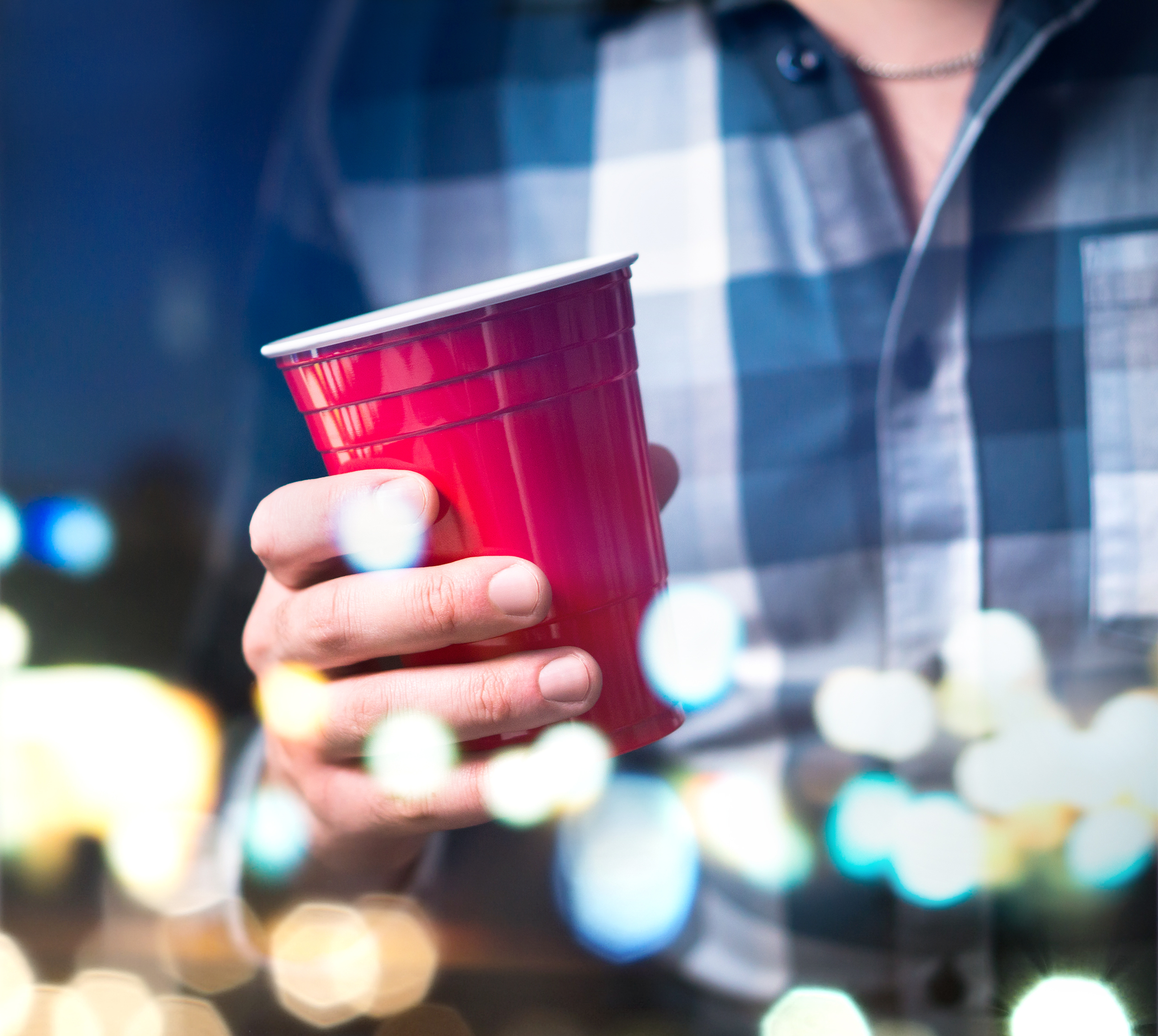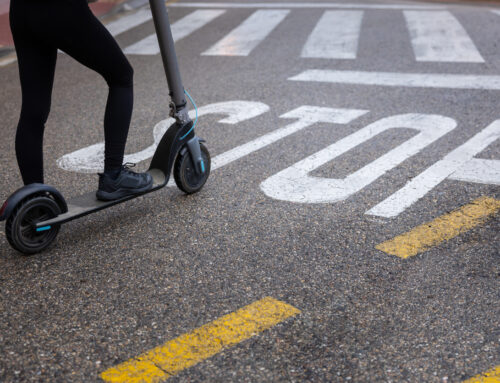College Drinking: What Every High School Graduate Needs to Know


Tens of thousands of North Carolina high school graduates will soon head off to college to continue their education. College is an important time of self-discovery and a transformational period in a young person’s life. For many, it might also be the first time they have lived away from home for an extended period of time.
With this new-found freedom, parents may wonder what their children are up to while attending college. There are many reasons college students drink underage. These factors include the widespread availability of alcohol, limited interactions with “authority” figures, and peer pressure.
As a parent, it is important to educate your future college student on why they should make responsible choices when it comes to college drinking.
Underage Drinking, While Common in College, is Illegal
The drinking age in North Carolina is 21, and possession and consumption of alcohol are illegal for those under 21. Still, there’s no denying the prevalence of alcohol on college campuses. This is why it’s important to educate your child about the legalities associated with underage drinking.
If teens are caught drinking underage, there could face a wide range of punishments. These include the suspension of their driver’s license, fines, community service, and alcohol education courses. Different universities may have their own punishments for college drinking.
The penalties worsen if you obtain alcohol using a fake ID or are caught in possession of alcohol while driving. In North Carolina, that also includes “internal” possession. “Internal” possession is evidence of alcohol in the minor’s body. This is determined by a blood, breath, or urine test, but it does not require specific evidence of actual drinking.
Binge Drinking is Prevalent, and Extremely Dangerous
Approximately 40% of college students engage in binge drinking. Binge drinking is defined as drinking enough alcohol to bring a person’s BAC to 0.08 or higher in a short period of time. College binge drinking is the cause of all kinds of problems associated with drinking in college.
College drinking poses many risks, and can lead to automobile accidents, drunk-driving arrests, sexual assaults, and injuries. In fact, nearly 2,000 students aged 18-24 die from alcohol-related consequences on an annual basis.
Binge drinking can also cause problems in the classroom. Studies show that 25% of college students reporting academic consequences as a result of drinking. These consequences include missing classes or falling behind on lectures and failing grades. We know that alcohol also has negative effects on the mind, altering judgment and memory. The use of alcohol can negatively influence a student’s ability to balance schoolwork with social life and disrupt learning.
They Don’t “Have” To Drink Underage to be “Cool”
College is a time for exploration. With so many students from different cities and backgrounds converging on campus, students can “find” themselves without college drinking. If they don’t want to drink, no one is forcing them to do it.
If there is a situation that a student finds themselves in that isn’t comfortable, there are dozens of other outlets to explore. Many people say they “found” themselves in college. Campuses offer a different variety of communities to join. Tell your student to get involved and find the “comfort zone” that’s right for them!
There are Long Term Effects from College Drinking
Drinking to excess can turn into a long-term habit. You need to educate your child on the health hazards associated with long term drinking. These hazards may include memory loss, alcoholic hepatitis, high blood pressure, heart problems, and strokes.
In the long term, frequent binge drinking can also damage the liver and other internal organs. Parents can have a major impact on their teen’s drinking. Talk to children early about the negative aspects of alcohol, and they’ll realize the benefits down the road.
This summer, start the conversation with your teen about college drinking. Take the time to listen to their thoughts and calmly explain your own concerns. Click here to take the pledge to talk with your kids about college drinking and how it can impact their future.



